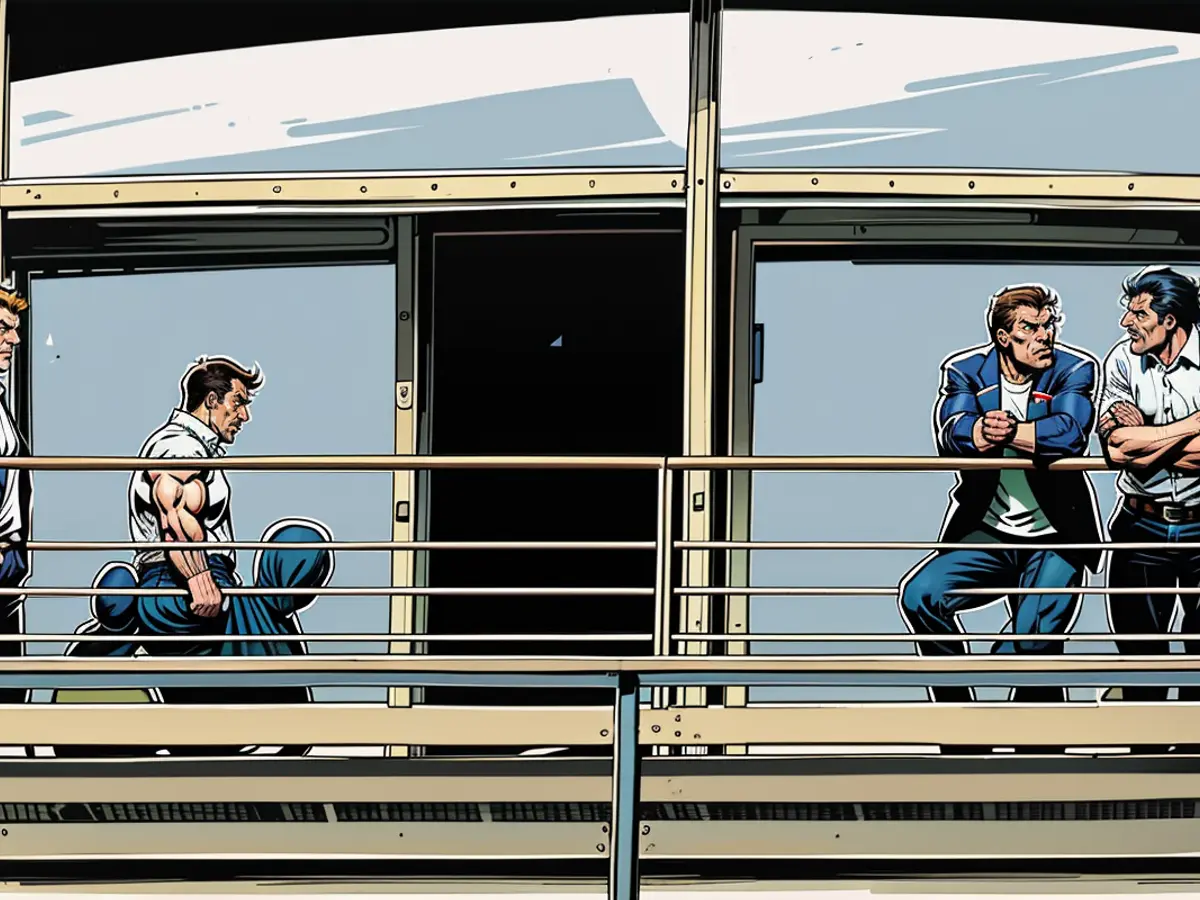Coalition agrees on budget and growth package
The leading representatives of the Traffic Light Coalition have come to an agreement on the budget for the coming year. There is an understanding, according to coalition sources. Federal Chancellor Olaf Scholz, Finance Minister Christian Lindner, and Economics Minister Robert Habeck have been in negotiations since Thursday afternoon to find a solution in the budget dispute.
The leading representatives of the Traffic Light Coalition have come to an agreement on the budget for the coming year. There is an understanding, according to coalition sources. Federal Chancellor Olaf Scholz, Finance Minister Christian Lindner, and Economics Minister Robert Habeck have been in negotiations since Thursday afternoon to find a solution in the budget dispute.
Details of the agreement were not initially disclosed. The Bundestag factions of the SPD and Greens are scheduled to meet together at 7:00 pm. Coalition leaders in budget stress Scholz, Habeck, and Lindner had been in frequent negotiations in recent weeks. They had originally wanted to reach an agreement by this Wednesday. July 17 is now under discussion for the cabinet decision. In order to meet this deadline, a quick consensus on principles was necessary, as the drafting of the budget law usually takes approximately ten days. The Bundestag will then deal with the budget draft from mid-September, which could be passed in November or December.
Billion-dollar gap
Individual ministries such as the Foreign Office or the Development Ministry initially refused to accept Spending Proposals from Lindner due to international obligations. The Social Budget was also a contentious issue. In addition, there was still a gap of around 10 billion euros that needed to be closed. Above all, the SPD insisted on postponing the financial burden of the Ukraine War and the debt brake again to have more room for investments. This was not an option for Linders FDP. The SPD rejected cuts in the Social Budget. Growth package
In Germany, only minimal growth is expected this year. Companies are holding back on investments, and private consumption is not picking up. Business associations have long been complaining about competitive disadvantages such as high tax and levy burdens, a lack of skilled labor, and excessive bureaucracy. Here, the government intends to start with the "Growth Turbo". Scholz had already said that the German government wants to encourage private investments. He offered improved tax deductions for companies. In addition, the acquisition activity of parents should be facilitated, and employment incentives should be increased, tax-wise as well.
The budget agreement reached by the Traffic Light Coalition leaders includes legislative measures to address the billion-dollar gap, as acknowledged by the SPD and Greens. The budget policy negotiations focused on balancing international obligations, social spending, and fiscal responsibility.
The resolution of the budget dispute among Federal Chancellor Olaf Scholz, Finance Minister Christian Lindner, and Economics Minister Robert Habeck has significant implications for the implementation of the German government's growth policy, including tax incentives and employment boosts.








